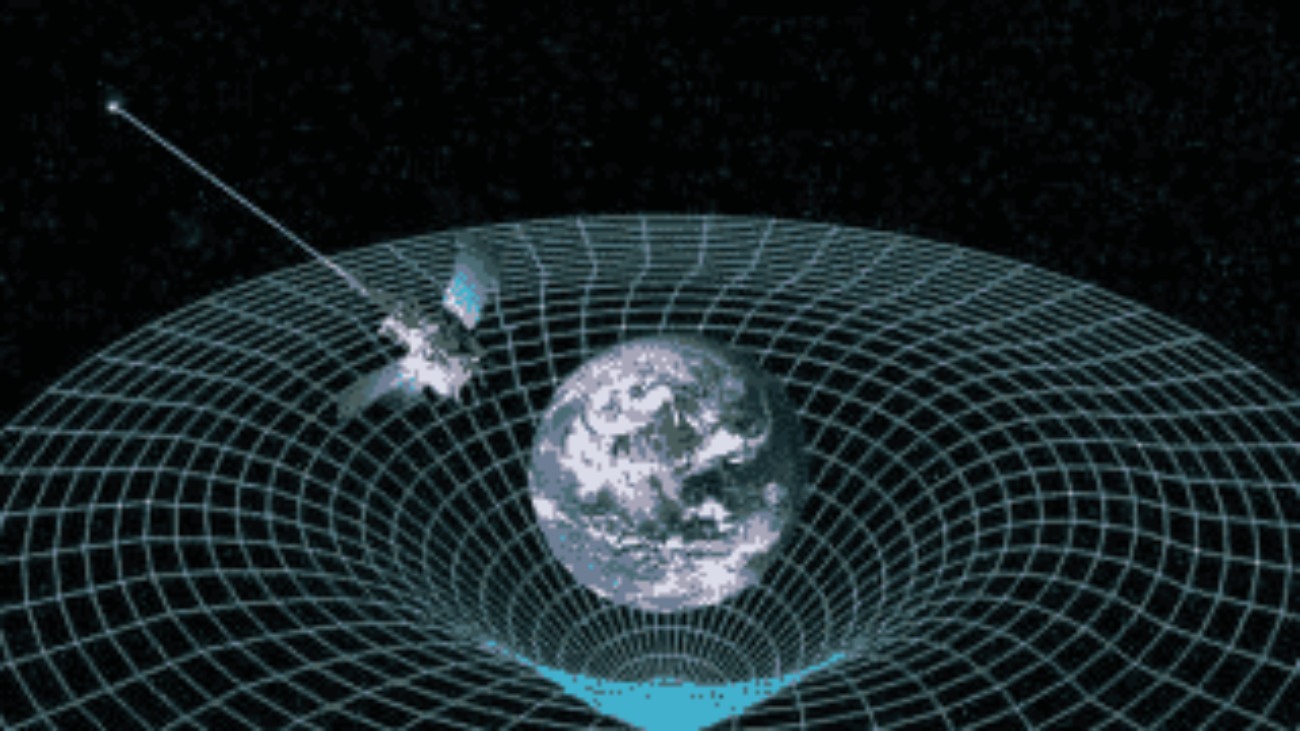
The concept of time has captivated human minds for centuries, leading to a deep exploration of its nature and the intriguing possibility of time travel. Time is a fundamental dimension that governs our existence, marking the progression of events from the past, through the present, and into the future. While time is a familiar concept in our daily lives, defining it precisely is a challenge. Throughout history, various theories have emerged to explain time, incorporating perspectives from philosophy, physics, and metaphysics.
Albert Einstein’s theory of relativity revolutionized our understanding of time. According to his theory, time is not an independent entity but intricately linked to space, forming a four-dimensional fabric known as spacetime. A remarkable consequence of relativity is time dilation, which suggests that time can pass at varying rates for observers in different conditions.
Time dilation arises due to the effects of motion and gravity on spacetime. Objects moving at high speeds relative to each other or encountering intense gravitational fields can experience different rates of time compared to a stationary observer. This phenomenon has been confirmed through experiments and observations involving fast-moving objects and massive celestial bodies.
Time travel, a concept extensively explored in science fiction, has captivated scientists and thinkers for many years. While we don’t possess the means to travel through time yet, theoretical frameworks within physics offer intriguing possibilities for both forward and backward time travel.
As per the theory of relativity, time dilation allows for the potential of traveling into the future. Suppose an object can travel near the speed of light or experience intense gravitational fields. In that case, time dilation would cause time to pass more slowly for that object relative to a stationary observer. Upon returning to the observer’s frame of reference, the time-traveling object would find itself in a future time that surpasses the duration experienced by those who remained stationary.
Traveling to the past poses significant challenges and remains purely speculative at present. Various theoretical constructs, such as wormholes, cosmic strings, and black holes, have been proposed as potential gateways to the past. However, realizing these possibilities requires conditions and technological understanding that are far beyond our current capabilities.
The notion of time travel gives rise to intriguing paradoxes and profound questions. The most famous paradox is the grandfather paradox, which involves traveling back in time and inadvertently altering events in a way that prevents one’s own existence. Resolving these paradoxes remains a subject of active scientific and philosophical debate.
Ethical considerations also arise with time travel. Should we alter past events? What are the potential consequences of changing history? These ethical dilemmas highlight the potential risks and responsibilities associated with tampering with the fabric of time.
Our exploration of time travel and the theory of time has taken us on a journey into the depths of human curiosity. While time travel remains confined to the realms of imagination and theoretical physics, our quest for understanding pushes the boundaries of knowledge and fuels scientific progress. Unraveling the mysteries of time allows us to appreciate the complexity and wonder within this fundamental aspect of our existence.
Sources
https://www.thoughtco.com/what-is-time-4156799
https://www.space.com/17661-theory-general-relativity.html
https://www.livescience.com/what-is-time-dilation
https://www.guide-to-the-universe.com/wormhole.html
https://www.livescience.com/grandfather-paradox

